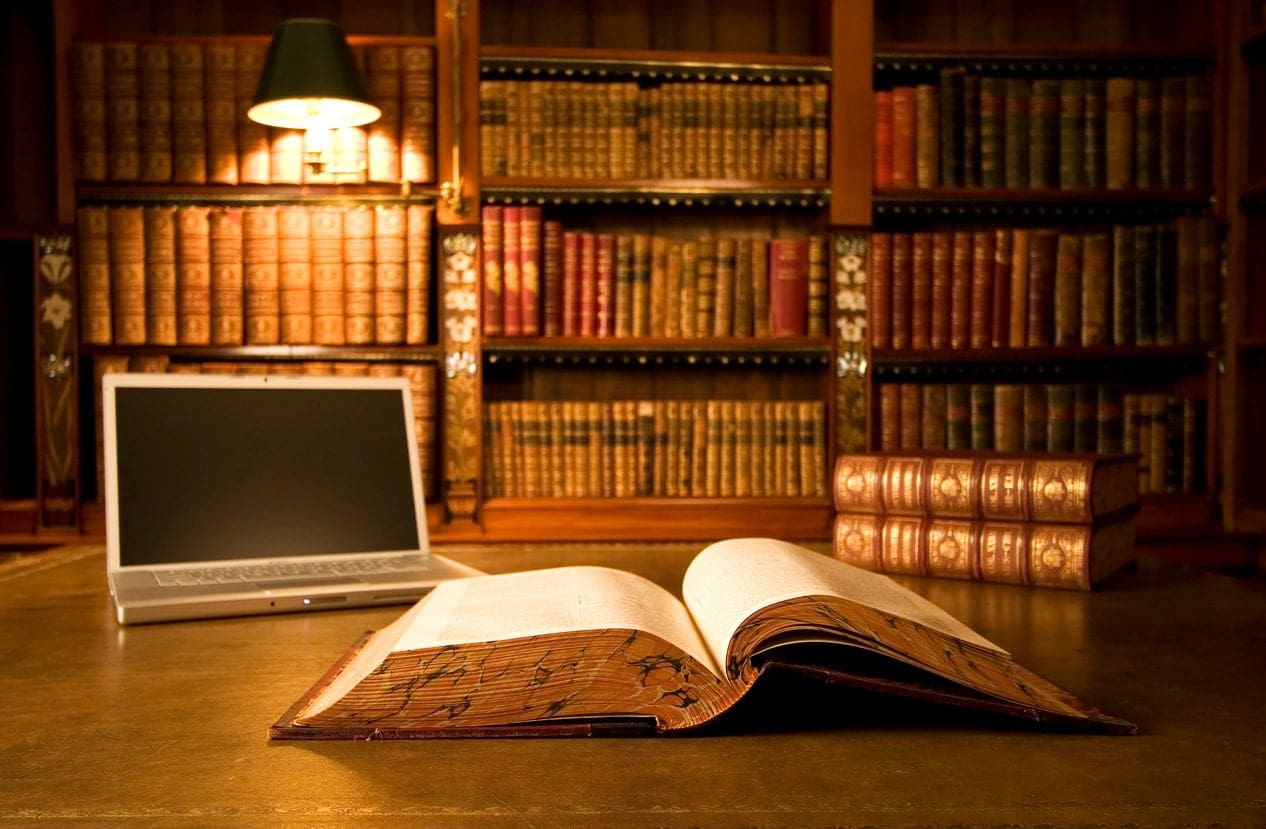Search Posts
Recent Posts
- GriefSpeak: Waiting for Dad – Mari Nardolillo Dias June 13, 2025
- Rhode Island Weather for June 13, 2025 – Jack Donnelly June 13, 2025
- Urgent call by Rhode Island Blood Center for Type O- and B- blood June 13, 2025
- Real Estate in RI: Ready, Set, Own. Pathway to Homeownership workshop June 13, 2025
- Outdoors in RI – Risky cattails, Fight the Bite mosquito report, 2A gun ban bill update June 13, 2025
Categories
Subscribe!
Thanks for subscribing! Please check your email for further instructions.

The Importance of Teaching Critical Thinking – Mary T. O’Sullivan
By Mary T. O’Sullivan, MSOL
“We are prone to let our mental life become invaded by legions of half-truths, prejudices, and propaganda”. Dr. Martin Luther King
In her recent New York Times op-ed piece, Maureen Dowd laments the downfall of the humanities in higher education. “Instead of a Master of Arts, I should have gotten a Master of Algorithms.”, she writes, commenting on the decline of the classical liberal arts education, in favor of degrees in technology. Some major universities are dropping their humanities courses altogether. Such courses as English, history, art, philosophy and sociology, once key curricula of a liberal education, will no longer be found in many college catalogs. Student now discover themselves with limited humanities options, phased out, or eliminated from their university’s program of study. The reason for concern lies in the lack of intellectual discipline, and the use of reasoning required by these somewhat esoteric subjects, and that is how a liberal arts education succeeds in fostering logic and critical thinking.
In studying history, philosophy or literature, students measure one way of thinking against another, and must come up with logical and factual arguments that make sense. For instance, students learn what makes Waiting for Godot by Samuel Beckett classic literature, reflecting modern discontent somewhat like Seinfeld, a play about nothing, and then draw contrasts and comparisons between the two. The concept of absolute power corrupts absolutely comes to life in Shakespeare’s dark and foreboding work, McBeth. If you have never read McBeth, you may not grasp the point that condemns overturning a king strictly out of the craving for personal power or, much to McBeth’s dismay, misinterpreting advice in a way you want to hear it, often from the wrong people. If you’ve skipped over Dickens, you may never understand how abject poverty drives people, even the youngest ones to steal to eat. The novel created a stir in 1834 upon its release as it was critical of the “Poor Law”, which stopped social payments to the poor, unless they went to workhouses, where often pointless monotonous work was the daily norm. Families here, too, were separated by gender, and cruelly, dozens of years would pass before loved ones were reunited.
Critical thinking pushes people beyond their own narrow experiences and opinions which are often based on bias and limited belief systems It supersedes simply accepting or rejecting information. Rather it forces people into actual engagement with the facts and concepts in an analytical and reflective way. At its best, critical thinking banishes stereotypes and tropes, and makes people consider the world in a broader context. It is the opposite of “group think”, instead teaches open mindedness, intellectual honesty and independence, logical thinking, and the ability to adapt to new and unfamiliar situations, all based on sound reasoning and evidence.
When you are exposed to the novel, The Adventures of Huckleberry Finn, you are bound to learn lessons about racism, prejudice, the meaning of freedom and civilization. These are familiar themes people grapple with today, over 100 years later. Ironically, the book was banned when it first appeared, but the ban backfired. People raced to get a copy, boosting the book’s sales more than Mark Twain ever anticipated. In literary circles, this novel is considered Mark Twain’s greatest work, a masterpiece. What are the critical learnings from this work? Apparently, those still not taken to heart: dehumanization, prejudice, and focus on kindness and honesty.
How can you expect tolerance, meaningfulness, consideration for others, and avoid misuse of power without exposure to these works? When the educational system disregards the humanities as irrelevant, they are damaging the souls of their students. In a secular world, who will teach these concepts without the literature which has promoted these ideas since the days of Shakespeare or Beowulf, fighting the forces of evil? It’s up to all of us to encourage the teaching of humanities to salvage the much-needed skill of critical thinking. How else will you grasp effective problem solving and the behavior that goes with it? Maybe we should just bring Seinfeld into the classroom.
“We all have an enormous responsibility to bring to the attention of others information they do not have, which has the potential of causing them to rethink long-held ideas.” Howard Zinn
___
Connect with Mary:
Read all Mary’s columns here: https://rinewstoday.com/mary-t-osullivan-msol-pcc-shrm-scp/

Mary T. O’Sullivan, Master of Science, Organizational Leadership, International Coaching Federation Professional Certified Coach, Society of Human Resource Management, “Senior Certified Professional. Graduate Certificate in Executive and Professional Career Coaching, University of Texas at Dallas. Member, Beta Gamma Sigma, the International Honor Society. Advanced Studies in Education from Montclair University, SUNY Oswego and Syracuse University. Mary is also a certified Six Sigma Specialist, Contract Specialist, IPT Leader and holds a Certificate in Essentials of Human Resource Management from SHRM.
Connect with Mary:
www.encoreexecutivecoaching.com
mary@encoreexecutivecoaching.com
